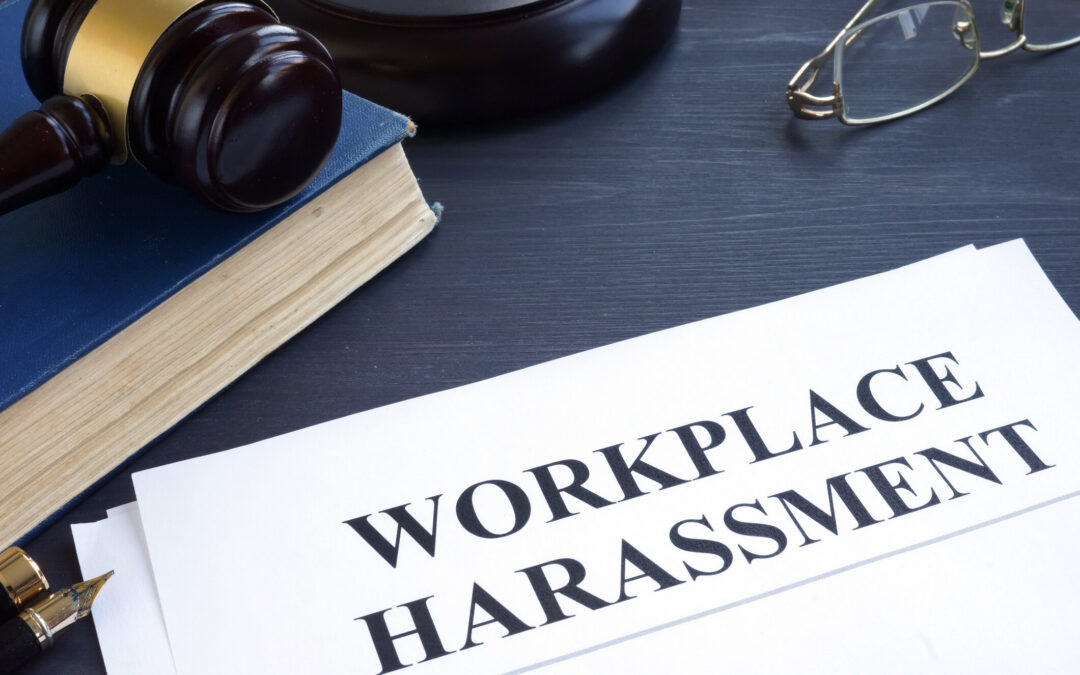As news of COVID-19 dominates headlines, the Illinois Department of Human Rights came out with its much awaited training guidance for Illinois employers who are now required to provide annual sexual harassment prevention training to all employees starting this year (2020). The law affects all employers, even out-of-state employers, that have employees who work in Illinois. The minimum requirements for the training are listed in Section 2-109 of the Illinois Human Rights Act (IHRA). Employers can use a model training program that the Illinois Department of Human Rights (IDHR) has developed, or provide their own training program, as long as the program meets the state’s minimum requirements. Let’s take a closer look.
Who Is Required to Provide Training, and Who Must Receive It?
All employers, even those with just a single employee, that have employees who work in Illinois are covered by the new laws. Training must be provided to all employees working in Illinois, including part-time or temporary employees or interns. Employees working outside of Illinois must also receive the training if they have regular contact with the organization’s employees who work in Illinois. Employers aren’t required to train independent contractors; however, the IDHR says that it’s “strongly advised” to provide training to ICs if they work on-site or if they interact with the employer’s employees.
Requirements for the Training
The IDHR has developed a model sexual harassment prevention training program for all employers. You can download it for free at the IDHR training page. Employers who choose to use the model programs can use them on their own or to supplement their own training programs.
At a minimum, training must:
-
Be accessible to employees with disabilities and employees who don’t speak English.
-
Explain sexual harassment and give examples.
-
Summarize the law, including remedies.
-
Explain that employers are responsible for preventing and investigating sexual harassment and for taking corrective action.
Training for employees who work in restaurants and bars must also cover examples of conduct specific to the industry, must explain the legal responsibilities of managers, and must be available in English and Spanish. Requirements for this supplemental training are listed in the IHRA Section 2-110.
New Employees
The law requires that employers begin the annual training any time in 2020; however, employers are encouraged to train new hires as soon as possible. If an employee already received training in a given year from another employer, the new employer is responsible for getting documentation showing the training met the minimum requirements of the law. If the new employer can’t get that proof, then it must retrain the new employee.
Record-Keeping Requirements
Employers must keep paper or electronic records that show that employees received the required training in every calendar year. The records can be certificates, acknowledgements signed by employees, or sign-in sheets.
Getting Help in Setting Up a Training Program
If you want assistance in setting up a sexual harassment prevention training program, contact Ablin Law. We provide training programs that help companies and law firms comply with the new Illinois law.


Recent Comments